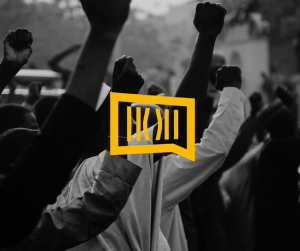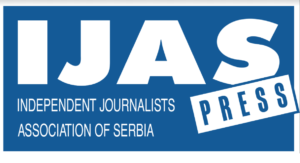Brent Renaud, 50, was a journalist and documentary filmmaker who lived and worked in New York City and Little Rock, Arkansas. He had previously worked for the New York Times. His film and television projects have covered the wars in Iraq and Afghanistan, the earthquake in Haiti, political turmoil in Egypt and Libya, the fight for Mosul, extremism in Africa, cartel violence in Mexico, and the youth refugee crisis in Central America.
One of the injured journalists, Juan Arredondo, was with Brent Renaud when they came under fire: “We were across one of the first bridges in Irpin, going to film other refugees leaving, and we got into a car”, he said in a video published on Twitter. “Somebody offered to take us to the other bridge and we crossed a checkpoint, and they started shooting at us. So the driver turned around, and they kept shooting; there’s two of us. My friend is Brent Renaud, and he’s been shot and left behind… I saw him being shot in the neck.”
A third victim, a Ukrainian who had been in the same car as Brent Renaud and Juan Arredondo was also wounded, according to a medic at the scene.
The news comes less than two weeks after Ukrainian journalist Yevheniy Sakun, a camera operator for the Ukrainian television channel LIVE, was killed when a building near the TV transmission tower in Kyiv was hit by shelling.
On 26 February, two Danish journalists had also sustained gunshot wounds after unknown gunmen targeted their car in Ukraine.
On 28 February, a British television crew for Sky News was ambushed while covering the war in Ukraine. Despite their shouting that they were journalists, they were shot at various times: a bullet hit Chief correspondent Stuart Ramsay in his lower back while camera operator Richie Mockler was shot twice in his flak jacket.
A few days later, on 6 March, a Swiss journalist covering the war in Ukraine, Guillaume Briquet, was shot and wounded after coming under fire in the Mykolayiv region, in southern Ukraine.
“We are shocked by the increasing number of attacks on journalists trying to cover the war in Ukraine,” said IFJ General Secretary Anthony Bellanger. “The deaths of journalists Brent Renaud and Yevheniy Sakun cannot go unpunished. The authorities must do everything possible to identify the perpetrators of these war crimes.”
“These systematic attacks on journalists and other war crimes require a strong response from the international community,” added EFJ General Secretary Ricardo Gutiérrez. The EFJ calls once again for the establishment of a special international tribunal on these war crimes committed in the context of the Russian invasion of Ukraine. This murderous spiral must be stopped!”.




